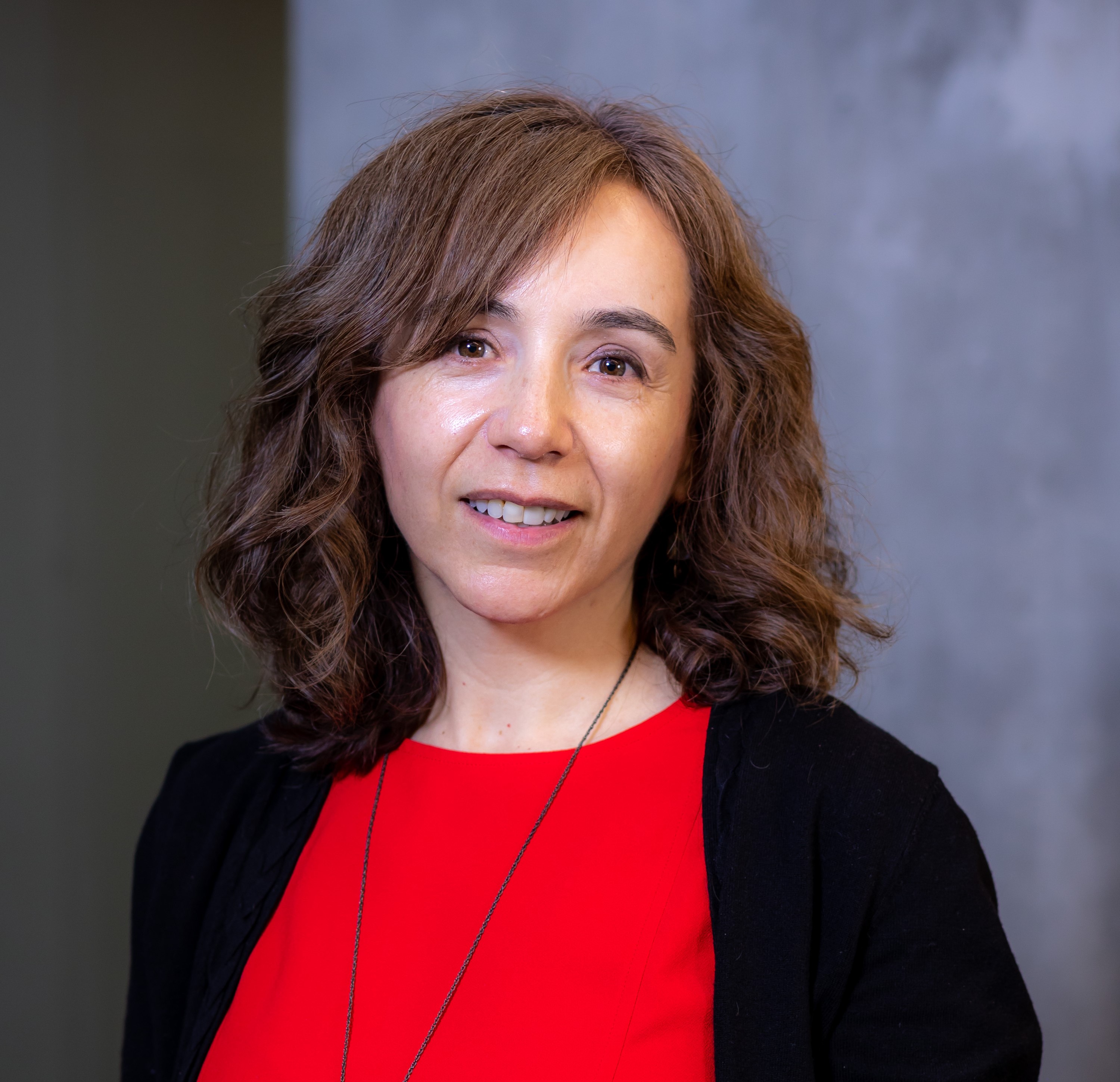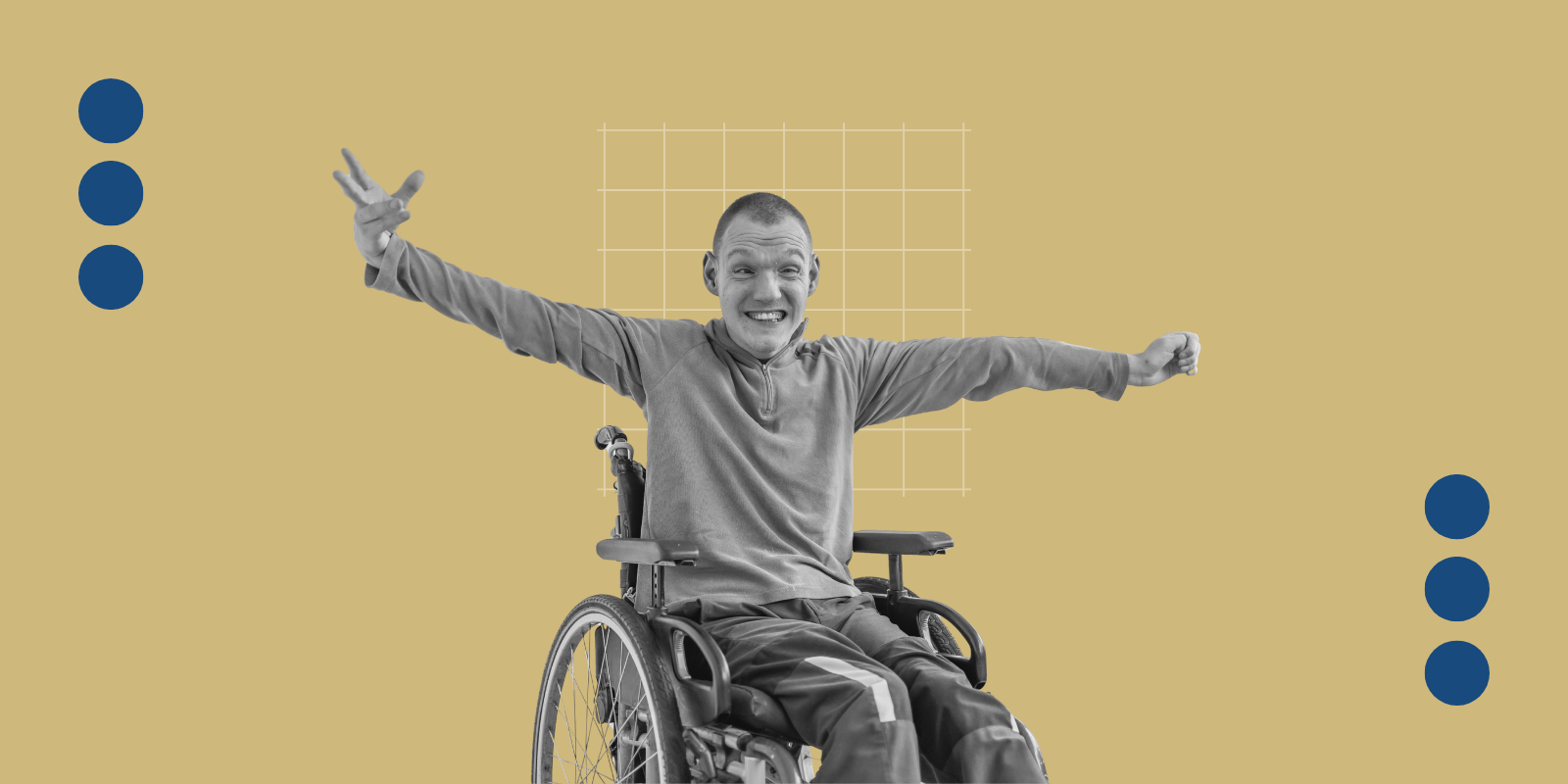Implementation science is a team sport, and the reason Mónica Pérez Jolles, MA, PhD joined the ACCORDS team. As an invited associate professor, she is collaborating with her University of Colorado School of Medicine colleagues and community partners to improve health systems for underserved populations.
Pérez Jolles came from the University of Southern California to be part of ACCORDS’ strong Dissemination and Implementation (D&I) science program. She serves as co-lead of its Equity and Engagement workgroup and is a faculty member in the Department of Pediatrics.
By working with a team of colleagues with different backgrounds and training, Pérez Jolles aims to help deliver and sustain feasible programs adapted to local settings.
“In my team science research, I look at health systems and how they perpetuate, contribute to, or support health equity. I wanted to make an impact, and I knew many of my renowned colleagues here and loved their work. I wanted to be part of this team,” said Pérez Jolles.
The role of implementation science
Implementation science is about increasing the uptake of evidence-based practices.
For Pérez Jolles, defining implementation science as a study could take an entire semester. But she relies on a quote from a mentor, Dr. Enola Proctor, who has been quoted as saying “(health) inequities are a failure of implementation.”
“To me, implementation science answers the question, how can we make ‘what works’ work for all communities—not just some communities,” she said.
Including health equity and inclusion
Pérez Jolles believes that when we approach implementation, we often miss a crucial question that brings health equity and inclusion into focus.
“We often miss this question: How can we make what you think works, work for all? It doesn't mean that we're not looking at evidence-based practices. We're also looking at evidence-informed practices, cultural tailoring, and adaptations. We’re looking at what is valuable to communities and what works for them.”
Helping all communities find what works
Most of Pérez Jolles’ work is about increasing the capacity of community-based healthcare systems to innovate and implement what works for them.
“Under-resourced community-based health settings, such as federally qualified health centers, need change the most but are the least likely to innovate, implement, and keep up with new developments on service delivery models and other innovations,” Pérez Jolles said. “They are also the least likely to remain in partnerships or be part of academic research, partnerships and sustain their participation.”
This is where Pérez Jolles finds the most passion for her work. Her guiding question has become, How can implementation science be at the service of these healthcare systems?
Current areas of focus
Pérez Jolles is currently leading a National Institute of Mental Health (NIMH) research pilot project, partnering with federally-qualified health care clinics (FQHC) to support the adoption of healthcare policy in California. The study focuses on children ages zero to five in primary care settings for screenings associated with adverse childhood experiences, based on experiences that can potentially lead to trauma such as exposure to community or school violence.
She also focuses on applying partner engagement methods through the use of implementation mapping and is currently working on co-creation in engaged research to answer these questions:
- How do we know that we have co-created knowledge in the design, planning, and evaluation of a new program?
- How do we define it?
- How do we measure it?
“It's not just bringing our partners, whether that be family or community family advocacy groups, and sitting them around the table,” she said. “This is of course great, but how do we know that we co-created whatever came out of the research collaboration?”
Patient activation strategies are another focus. As researchers ask more patients, family members, and caregivers to participate in research, Pérez Jolles’ seeks ways to provide opportunities for this group to be engaged, activated, and empowered. The goal is to help them have more self-efficacy during the engagement process. Her desire comes from a space of compassion.
“I have a PhD, and as a patient, I still have a hard time navigating the health care system,” she said. “Think about a mom who is an immigrant who is unfamiliar with the health care system and comes from a culture where often there is high deference to the authority of clinicians.”
“For so many, it's very hard to ask questions, very hard to disagree, and very hard to be part of the decision-making,” Pérez Jolles said.
Working at ACCORDS
Pérez Jolles contributes to the ACCORDS team by helping the researchers she works with use implementation science from a systems thinking approach (i.e., core functions and forms) for complex health interventions, and through a lens of diversity, equity, and inclusion (DEI). Her hope is to translate abstract concepts into practical, user-friendly tools.
“I want to be sure we’re not just the ‘diversity’ section of the brand, but we’re thinking of DEI in all aspects, including research methods, testing, engagement, and planning. At any point in our studies, we should be able to communicate how are we thinking in terms of DEI values.”
Pérez Jolles is adamant that “diversity, equity, and inclusion” not just become a buzzword on the Anschutz Medical Campus. It’s a space she approaches with humility.
“I don't have all the answers on what will that mean,” she said. “That's why we perhaps can answer these questions as a community.”
Please join us in welcoming Mónica Pérez Jolles, MA, PhD to ACCORDS.
.jpg)



